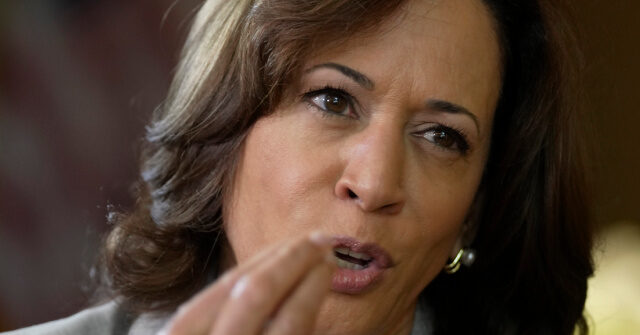Recently, CBS News faced backlash after it was revealed that the 60 Minutes program edited an interview with Vice President Kamala Harris to make her responses appear more coherent. The controversy erupted when a promotional clip showcased her originally confusing answer regarding the Biden administration’s limited influence over Israeli Prime Minister Benjamin Netanyahu. Her response was characterized as “word salad,” failing to provide clarity on U.S. actions in the region. Subsequently, when the full interview aired on 60 Minutes, CBS modified her answer to present her in a better light, suggesting a more decisive stance but ultimately failing to address the original question. Critics noted that while the edited version was more understandable, it was not a true answer to the inquiry posed.
The immediate fallout included a strong reaction from the Trump campaign, which demanded transparency from CBS by calling for the release of an unedited transcript of the interview. An FCC complaint was filed against the network, accusing them of manipulating the news to sway public perception. Under growing pressure, CBS finally acknowledged that they had indeed altered Harris’s response but defended their decision as an attempt to convey a clearer and more succinct summary of her views. This defense was criticized as being dismissive of journalistic ethics, with many observers pointing out that CBS has a history of editorializing content to fit a particular narrative, especially in politically sensitive situations.
CBS’s explanation that they edited her answer for brevity was met with skepticism, particularly as the network’s decision to withhold the unedited transcript raised questions about their objectivity and intentions. The underlying implication was that CBS aimed to support Harris’s political standing as the 2024 elections approached, further fueling allegations of bias. Pundits and media critics scrutinized the move, implying that CBS and 60 Minutes were not merely reporting but were actively shaping narratives to benefit Democratic candidates, thus undermining the principle of impartial journalism.
This incident marks a continuation of CBS’s historical attempts to influence presidential elections. Critics pointed to past instances where the network similarly manipulated information to undermine Republican candidates, including the infamous 2004 report by Dan Rather that relied on forged documents alleging that George W. Bush had not fulfilled his military duties. Another notable example was the 2020 report that falsely labeled Hunter Biden’s laptop as a product of Russian disinformation, a claim that CBS has yet to retract. These patterns of behavior have led to a pervasive distrust of CBS News, especially in terms of its coverage of the political landscape.
As the fallout from the edited interview continues garnering attention, it highlights the ongoing struggle between media outlets and the perception of their biases, particularly in an election year. Many observers contend that the adjustments made by CBS are emblematic of broader issues within the news industry, where the line between reporting and editorializing increasingly blurs. Allegations of favoritism towards Democratic candidates not only harm public confidence in journalistic integrity but also demonstrate the significant impact that media narratives can have on political outcomes.
In summary, the controversy surrounding CBS’s editing of Kamala Harris’s interview on 60 Minutes opens a vital conversation regarding journalistic ethics and the role of media in elections. As many critics note, instances of apparent bias and manipulation can skew public perception and influence voter opinions, raising urgent questions about transparency and accountability in news reporting. Such incidents underscore the need for critical engagement with media sources and suggest a pressing demand for outlets to adhere strictly to principles of fair and accurate reporting, particularly in a politically charged environment.

